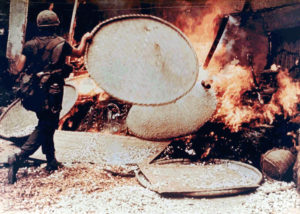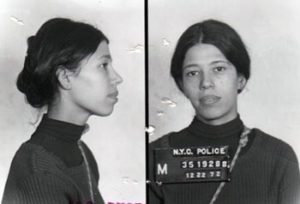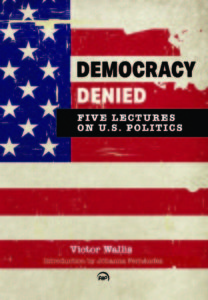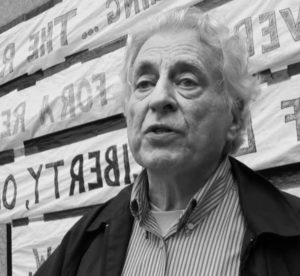Podcast: Play in new window | Download
The aggressiveness of United States war machine has killed 500,000 people since 911, caused millions of people to be displaced, and all this at a cost of some $6 trillion.
President Trump has said that “all options are on the table” regarding sending troops to Venezuela. His National Security Adviser John Bolton said that Venezuela, Cuba and Nicaragua are part of the “troika of tyranny ” – in the US’s gun sites. After first promising to withdraw troops from Syria, Trump has reversed himself. Troops are still fighting in Afghanistan after 19 years. Iran remains the ultimate target in the Middle East. How did our country get to the state? What was done 50 years ago in the Vietnam era by millions of American citizens which help end in 1975 the American war in that country?
March 18 marks the 51st anniversary of the infamous My Lai Massacre in Vietnam. Their American troops murdered 504 Vietnamese women, old men, children and babies. It marked a turning point in the American peoples’ revulsion and consequent mobilization against the war.
Guest – former Navy Lieutenant Susan Schnall of Veterans for Peace. She became famous in 1968 when she dropped antiwar leaflets from an airplane on navy ships in San Francisco Bay.
Guest – Mac MacDevitt – is an associate member of Chicago Veterans for Peace and Committee Chair of the My Lai Memorial Project. He is an artist, storyteller and educator who came of age and was forever changed during the Vietnam War. He was radicalized by witnessing the wounded fellow protesters, beaten by US Marshals as night fell after the March on the Pentagon in 1967. In 1981 Mac did a social work internship at the VA Hospital in White River Junction, Vermont in the psych department where he experienced vets dealing with ghosts from Vietnam and earlier wars.
—-
Democracy Denied: Five Lectures on U.S. Politics
The United States is unique among advanced countries in having the greatest inequality, highest poverty rate, highest portion of its population imprisoned, and highest proportion lacking healthcare.
Victor Wallis’ new book Democracy Denied offers a succinct history of several traits unique to the nation.
It came out of a lecture series in China and presents a historically grounded perspective on these traits, including chapters on “American exceptionalism,” on U.S. imperialism, the trajectory of African-descended people in the United States, efforts to develop a socialist alternative to the dominant institutions, and the current configuration of U.S. politics.
Guest – Victor Wallis is a professor in the Liberal Arts department at the Berklee College of Music in Boston. For twenty years he was the managing editor of Socialism and Democracy. He is the author of Red-Green Revolution: The Politics and Technology of Ecosocialism (2018) and of many articles on topics related to environmentalism, social justice, and radical politics. Victor’s activism dates from the 1960s and encompasses issues ranging from U.S. foreign intervention to prisoners’ rights.
———————–
———————–




